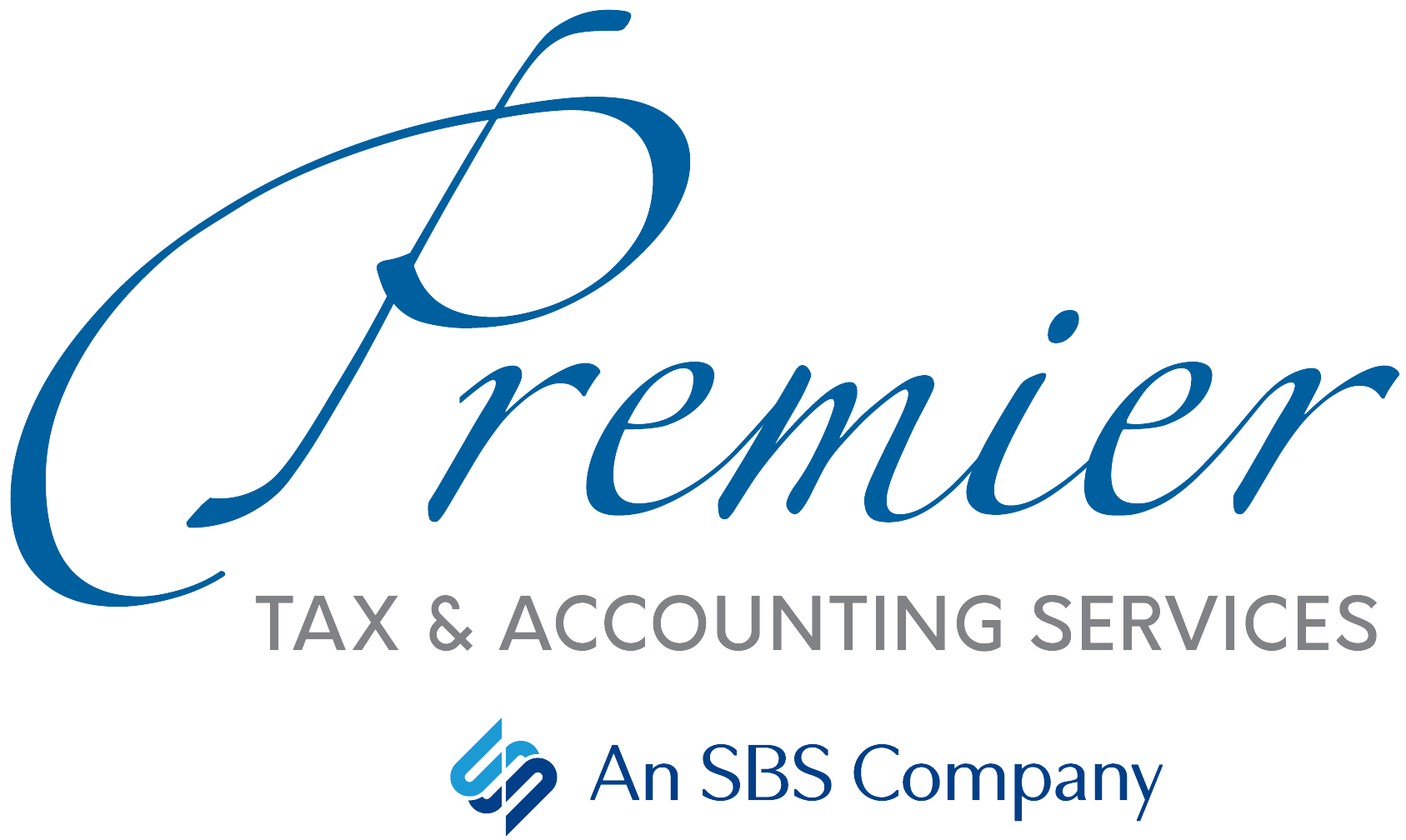As a business owner, you may hire both employees and independent contractors. This is especially true if some of your staff work from home. But you need to know the legal differences between the two so you can classify your workers correctly.
Employee vs. Independent Contractor
An employee is generally considered anyone who performs services, if the business can control what will be done and how it will be done. What matters is that the business has the right to control the details of how the worker performs the services. Independent contractors, on the other hand, normally work in an independent trade, business or profession in which they offer their services to businesses.
Whether a worker is an employee or independent contractor depends on the relationship between the worker and the business. Consider these three general categories:
- Behavioral control: Does the company control or have the right to control what the worker does and how the worker does the job?
- Financial control: Does the business direct or control the financial and business aspects of the worker’s job. Are the business aspects of the job controlled by the payer (i.e., how the worker is paid, are expenses reimbursed, who provides tools/supplies, etc.)?
- Relationship of the parties: Are there written contracts or employee-type benefits, such as pension plan, insurance, vacation pay? Will the relationship continue and is the work performed a key aspect of the business?
Misclassified Workers
Misclassifying an employee as an independent contractor adversely affects a worker because the employer’s share of taxes is not paid, and the employee’s share of taxes is not withheld. Generally, employers must withhold and pay income taxes, Social Security and Medicare taxes, and unemployment taxes for their employees.
Independent contractors, who are often self-employed individuals, are generally required to make estimated quarterly tax payments. They also typically pay self-employment tax (Social Security and Medicare tax) and income tax.
If a business misclassifies an employee as an independent contractor, the business can be held liable for employment taxes for that worker. If you’re unsure of a worker’s status, you can file Form SS-8 to request a determination of the status for purposes of federal employment taxes and income tax withholding.
The IRS offers a Voluntary Classification Settlement Program that provides businesses with an opportunity to reclassify their workers as employees for future employment tax purposes. This program offers partial relief from federal employment taxes for eligible businesses who agree to prospectively treat their workers as employees. Businesses must apply by filing Form 8952, Application for Voluntary Classification Settlement Program, meet certain eligibility requirements and enter into a closing agreement with the IRS.
Questions?
If you have questions about whether your workers are employees or independent contractors, contact us at 706-632-7850 today. We’ll be happy to help you work through the details and forms.
Educator Expense Deduction Increases to $300
If you are a teacher who uses your own money to buy classroom supplies, you’ll be glad to know the educator expense deduction has increased $50 this year. The amount you can deduct on your 2022 tax return is now $300, or $600 for married educators filing jointly. Here’s what you need to know:
- You must be a K-12 teacher, instructor, counselor, principal or aide.
- You must work at least 900 hours a school year at an elementary or secondary school.
- Qualified expenses includes professional development fees, books and supplies, COVID-19 protective items, computer equipment and software, and other equipment and materials used in the classroom.
Property Tax Notice Info
If you own property in Fannin County, you should have received an annual assessment notice in the mail recently. If the value went up, do not be alarmed; this is just an estimate based on your current or updated property value using previous millage rates. Because the county and the school board have not yet set millage rates for 2022 — they can’t until the tax digest is approved by the state — the amount will most likely change. In fact, both county and school board officials are anticipating rolling back millage rates. This would likely keep the overall property taxes similar to the previous tax year.
Note that property value changes are driven by increased building costs and home sale prices, and that reassessments are required under state law. However, if you feel the assessment does not reflect current values, you have the right to submit an appeal to the County Board of Tax Assessors. The last date to file a written appeal is Sept. 17, 2022.
IRS Video Tax Tip
See if money you pay for day camp or other child care expenses can help you claim the child and dependent care tax credit. Click the link below.



